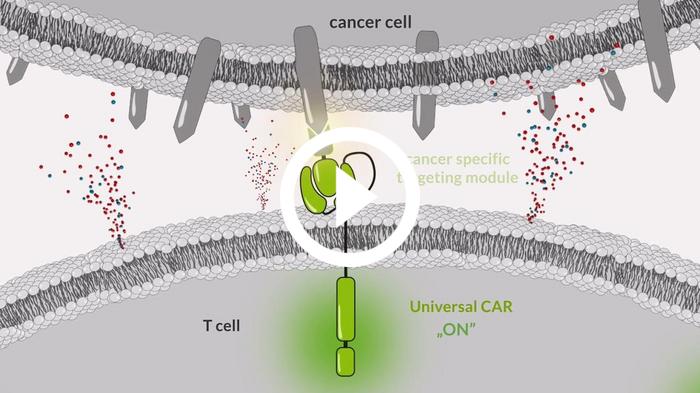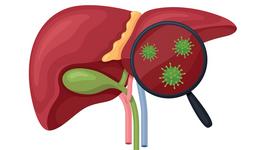European Clinical Trial Approved for First CRISPR-Engineered Switchable Allogeneic CAR-T Candidate
CMN Intelligence - The World’s Most Comprehensive Intelligence Platform for CRISPR-Genomic Medicine and Gene-Editing Clinical Development
Providing market intelligence, data infrastructure, analytics, and reporting services for the global gene-editing sector. Read more...
AvenCell Therapeutics, a CAR-T therapy startup launched by Blackstone Life Sciences, Cellex Cell Professionals and Intellia Therapeutics, recently announced that the European Medicines Agency (EMA) has approved its clinical trial application for AVC-201, a novel CRISPR-edited allogeneic therapy for the treatment of various blood cancers.
AVC-201, the company's lead clinical allogeneic cell therapy programme, is a CD123-directed switchable CAR-T candidate designed to target and eliminate cells that express the receptor CD123, including relapsed or refractory acute myeloid leukaemia and several other blood cancers.
The candidate, which is being developed as an off-the-shelf treatment for eligible cancers, leverages AvenCell's UniCAR universal/switchable technology, which allows for therapeutic activity to be switched on and off. AVC-201 is also developed using in-licensed allogeneic cell engineering technology developed by Intellia Therapeutics, which allows for unrelated donors to provide cells for patients.
Universal switchable CAR-T platform
AVC-201 is the first CRISPR-engineered CAR-T candidate to be developed with a regulatable on/-off switch.
The switch is provided by AvenCells' Universal Targeting platform, a controllable CAR-T cell technology that can turn CAR-T cells “OFF” and “ON” by means of separately infused soluble adaptors called Targeting Modules (TMs). The cells are further edited with CRISPR-Cas9 technology to avoid graft-versus-host disease and host immune rejection.
Here's how it works: donor-derived T cells are transduced to express a biologically-inert universal CAR against tumour antigens. A TM, which is infused separately to the CAR-T cells, comprises a flexible antigen-binding moiety, which is linked to a motif recognised by the universal CAR. Thus, the TM provides antigen specificity to the CAR-T cells, redirecting and activating them to act on the target, which in this case is CD123. The presence or absence of the TM in circulation elegantly allows “on” and “off” control, respectively, of the therapeutic activity.
A switchable CD-123-targeting CAR-T candidate is designed to solve the problem of on-target off-tumour toxicity seen with conventional CD123-targeting strategies, and thus offer an improved therapeutic window for clinical application.
The development of AVC-201 builds upon promising clinical data demonstrating success of the switchable platform in AvenCells' autologous AVC-101 programme, which is currently being evaluated in a Phase 1 trial.
Video: AvenCell UniCAR Animation. Shared from AvenCell GmbH YouTube Channel.
The AVC-201 trial
The Phase 1 dose escalation study of AVC-201, which includes up to 35 patients, will be conducted at multiple sites in Germany. The primary objective of the trial is to assess the safety profile of AVC-201 and to determine the maximum tolerated dose. Secondary measures will include efficacy, safety, and CAR-T persistence.
We will provide further updates on the AVC-201 trial as they emerge.
For a complete overview of CRISPR IND approvals and ongoing gene-editing clinical trials, check out CRISPR Medicine News' Clinical Trials Database.
To get more CRISPR Medicine News delivered to your inbox, sign up to the free weekly CMN Newsletter here.
Tags
ArticleNewsClinical News UpdatesAcute Myeloid Leukemia, AMLCancerCancerCAR-TAvenCell Therapeutics
CLINICAL TRIALS
Sponsors:
Base Therapeutics (Shanghai) Co., Ltd.
Sponsors:
Base Therapeutics (Shanghai) Co., Ltd.








